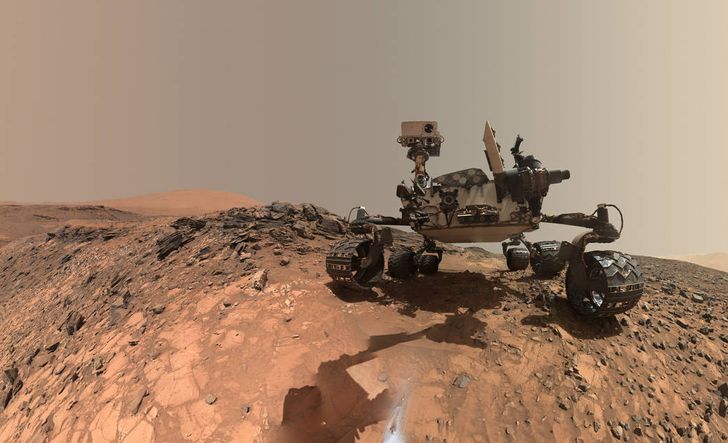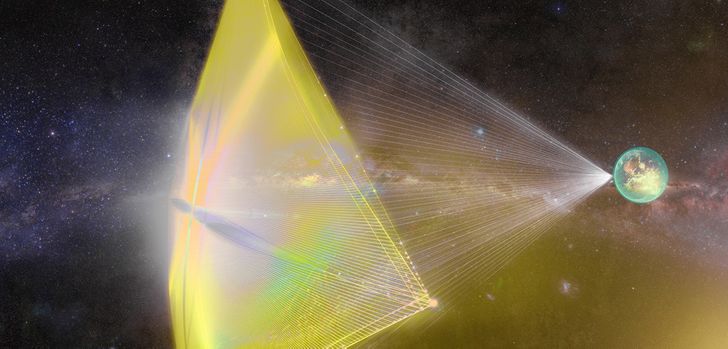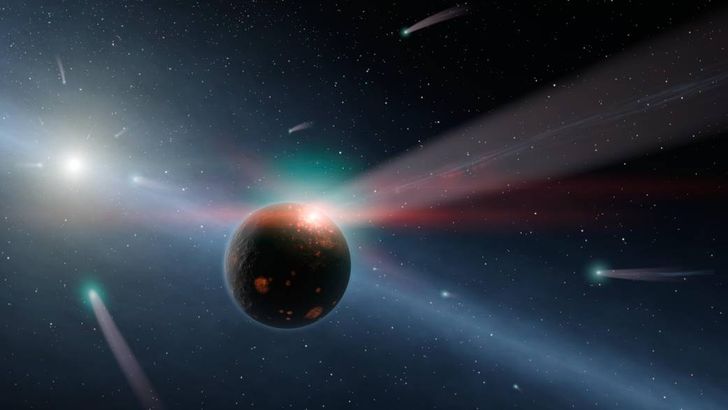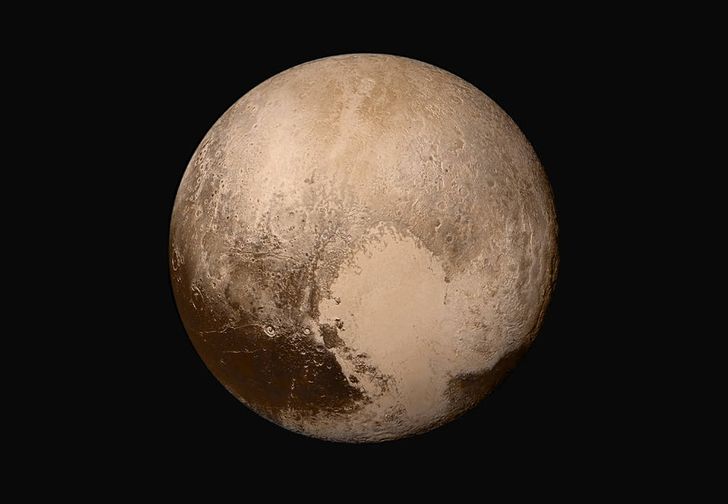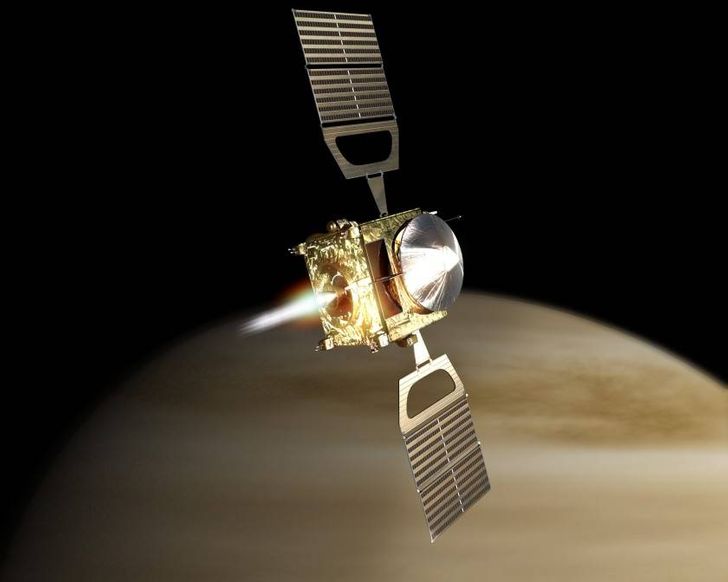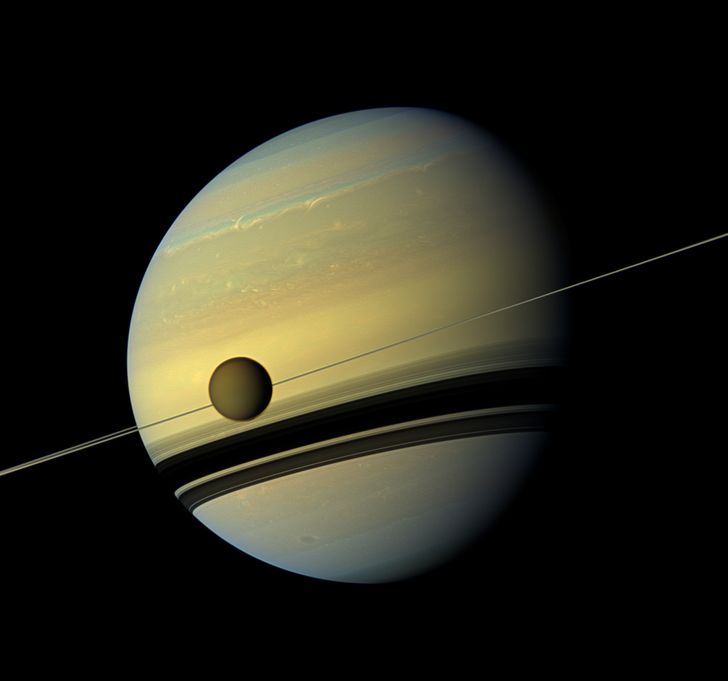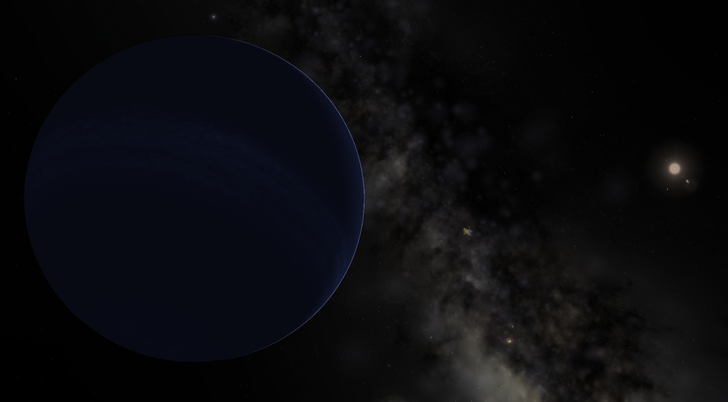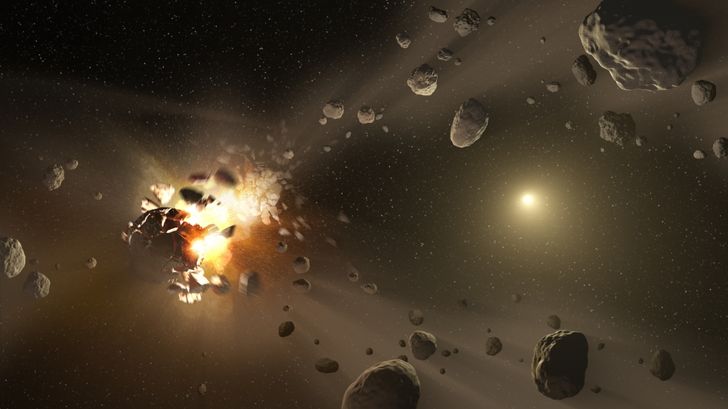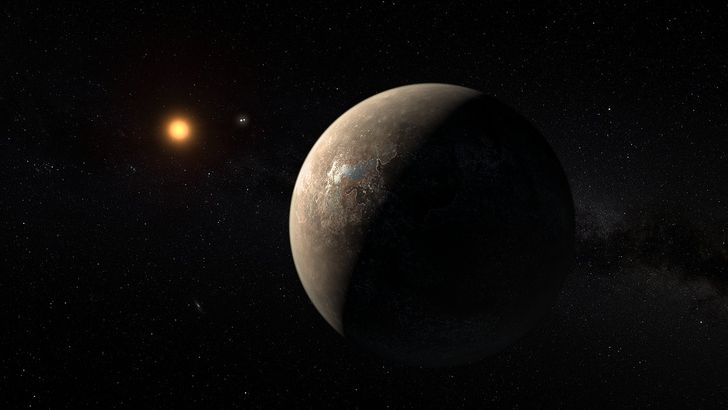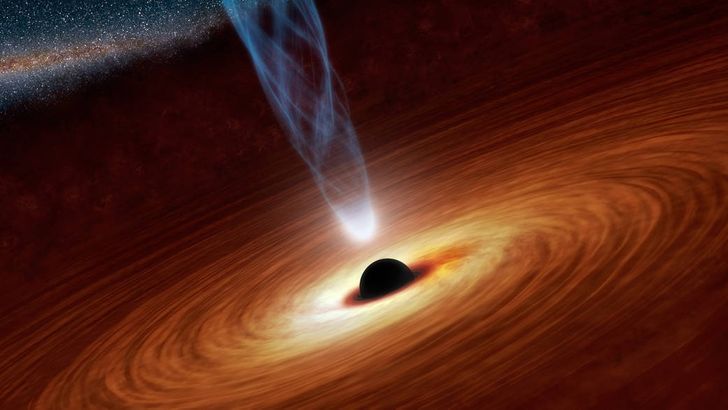Thanks to spacecraft and probes, scientists accumulate daily new data about the Universe and the Solar System.
We are eager to share with you some of the latest discoveries made in the field of astronomy. Each one brings us a little closer to unraveling the mystery of creation.
Discoveries About Universe
10. The Chances Are There Really Was Once Life On Mars
The tireless Mars Rover, Curiosity, discovered traces of boron in some rocks inside a crater on the Red Planet. The presence of this element indicates that there was water on the surface of Mars, which may have sustained life.
Source: LANL
9. Stephen Hawking Has Launched A Program To Search For Extraterrestrial Life
Hawking’s plan involves building a spacecraft that will use thousands of miniaturized devices to search for potentially habitable planets.
The ultimate goal of the project is to reach Alpha Centauri, the closest star system to ours. The spacecraft will have to reach 20% of the speed of light, allowing it to reach the distant star in just 24 years.
Source: breakthroughinitiatives
8. Jupiter And Neptune Are Attacking Earth With Comets
For 20 years, scientists have believed that Jupiter’s powerful gravitational field absorbs asteroids and comets that enter the Solar System.
However, recent research suggests that Jupiter and Neptune are actually “throwing” these objects into the inner Solar System, increasing the chance that they will one day reach Earth.
Source: JPL
7. There Is Liquid Water On Pluto
Judging by data from NASA’s New Horizons spacecraft, there is an ocean of liquid water less than 100 km deep below Pluto’s crust of the 300-kilometer-thick surface.
The salinity of this ocean is suspected to be around 30%, the same as that of the Dead Sea on Earth.
Source: Brown University
6. Venus Was Once Habitable
Today, Venus is the hottest planet in the Solar System. However, 4 billion years ago, there were liquid oceans there that lasted around 2 billion years. This makes it entirely possible that it once supported life.
Source: ESA
5. The Rings And Satellites Of Saturn Are Younger Than The Dinosaurs
Saturn has 62 satellites and various rings. Recent data suggest that the planet’s ring formations did not form at the same time as the planet itself (about 4 billion years ago).
The computational model indicates that most of the gas giant’s satellites and all of its rings appeared relatively recently when dinosaurs still roamed Earth.
Source: Space
4. The Solar System Might Yet Turn Out To Have A Ninth Planet
Mathematical modeling indicates that the Solar System may have a ninth planet 20 times more distant from the Sun than Neptune. It is believed to be 10 times the mass of Earth. It will only receive a name if its existence is confirmed.
Source: The Astronomical Journal
3. There Are No Less Than 15,000 Large Asteroids In Near-earth Space
As part of a program launched by NASA in 2005, scientists are discovering, on average, about 30 new celestial objects in the Solar System each week. On the other hand, in 1998, this value was found only for a whole year.
Source: Sci-news
2. There May Be Habitable Planets Orbiting The Nearest Stars
In August 2016, scientists discovered the exo-planet Proxima b, which orbits within the habitable zone around the star Proxima Centauri.
Its surface temperature is such that there may be liquid water there. If scientists can discover if the planet has a magnetic field and an atmosphere, it is perfectly possible that Proxima b supports life.
Source: QMRO
1. Scientists Have Found Evidence That Confirms The Existence Of Black Holes
In February 2016, scientists discovered evidence of the existence of gravitational waves. This discovery, in turn, confirms the existence of black holes.
Furthermore, if scientists can study the waves that formed as a result of the Big Bang, they can finally determine the mechanism that led to the creation of the Universe.
